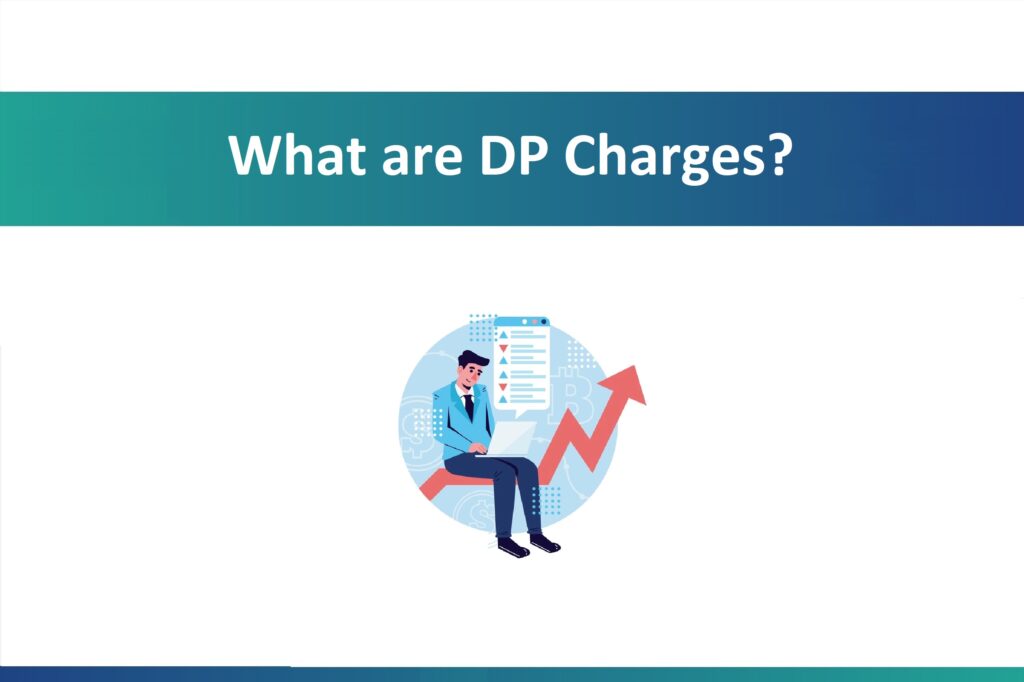
Table of Contents
In the world of investing, particularly in the stock market, it’s essential to understand the various charges associated with transactions. One such fee that investors encounter is DP charges, also known as Depository Participant charges. In this article, we will delve into the intricacies of DP charges, their calculation, impact on investors, and strategies to manage them effectively.
Introduction to DP Charges
DP charges are fees levied by Depository Participants for the services they provide in facilitating the holding and trading of securities in electronic form. These charges are applicable when investors engage in demat transactions such as buying, selling, or transferring securities.
Understanding DP Charges
Definition of DP Charges
DP charges are essentially fees paid by investors for availing the services offered by Depository Participants, who act as intermediaries between investors and the central depository.
Importance of DP Charges
DP charges play a crucial role in the overall cost structure of investing in the stock market. Understanding these charges is vital for investors to make informed decisions and manage their investment expenses effectively.
Calculation of DP Charges
Factors affecting DP Charges
Several factors influence the calculation of DP charges, including the type and quantity of securities traded, the value of the transaction, and the depository participant’s fee structure.
Examples of DP Charges Calculation
Let’s walk through a couple of examples to illustrate how DP charges are calculated:
Example 1: Selling Shares
Suppose you decide to sell 100 shares of a company, and the DP charge is Rs. 15 per transaction. The total DP charge for this transaction would be Rs. 15.
Example 2: Transferring Securities
If you transfer securities worth Rs. 1,00,000 to another account, and the DP charge is 0.02% of the transaction value, the DP charge would be Rs. 20.
Impact of DP Charges on Investors
Cost Implications
DP charges, although seemingly small, can add up over time, especially for frequent traders or investors with large portfolios. These charges directly affect the profitability of transactions and should be considered when evaluating investment opportunities.
Strategies to Minimize DP Charges
While DP charges are unavoidable, there are several strategies investors can employ to minimize their impact:
- Consolidate Holdings: Consider consolidating your holdings to reduce the number of transactions and, consequently, the DP charges incurred.
- Trade in Bulk: Whenever possible, try to trade in larger quantities to take advantage of lower per-unit DP charges.
- Choose Wisely: Compare the fee structures of different depository participants and opt for one with competitive rates to minimize your DP charges.
Conclusion
In conclusion, understanding the calculation of DP charges is essential for investors looking to navigate the financial markets successfully. By familiarizing yourself with the factors influencing DP charges and employing strategies to minimize them, you can optimize your investment experience and maximize your returns.
So the next time you encounter DP charges, don’t panic! Armed with the knowledge from this article, you can confidently navigate the world of investing and make informed decisions that benefit your financial future.
FAQs
- What are the DP charges?
- DP charges, or Depository Participant charges, are fees levied by intermediaries for facilitating demat transactions in the stock market.
- How are DP charges calculated?
- DP charges are calculated based on factors such as the type and quantity of securities traded, the value of the transaction, and the depository participant’s fee structure.
- Are DP charges applicable to all transactions?
- Yes, DP charges are applicable to all demat transactions, including buying, selling, and transferring securities.
- Can investors avoid paying DP charges?
- While investors cannot entirely avoid DP charges, they can minimize them by consolidating holdings, trading in larger quantities, or choosing depository participants with competitive fee structures.
- Are DP charges fixed or variable?
- DP charges can vary depending on the depository participant’s fee structure and the value of the transaction.

2 thoughts on “Understanding DP Charges in 2024: What You Need to Know”